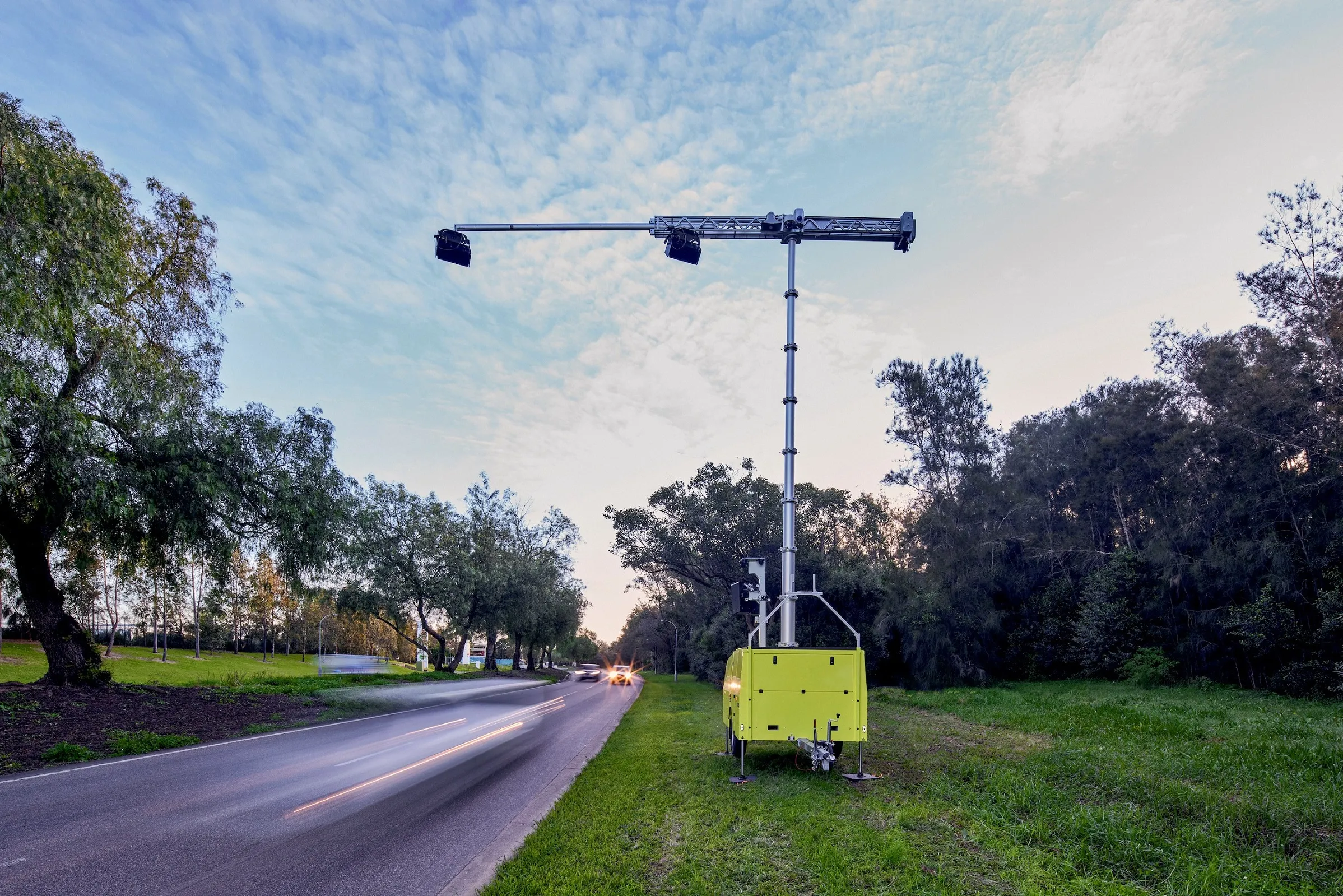New research by UK motoring association the RAC reveals that nearly one in four drivers still makes or receives calls while driving, despite the doubling of penalties for the offence in March 2017, to six points and a £200 fine.
In September 2016 the RAC revealed that the illegal use of handheld mobile phones at the wheel had reached epidemic proportions. Days later the Government announced the penalty for the offence would increase to six points and a £200 fine in a bid to stamp out the dangerous habit.
The figure for illegal phone use while driving is down 28.7 per cent on 2016, but 23 per cent of 1,727 drivers questioned for the new survey admitted making or receiving calls at the wheel.
The survey also indicates mobile phone use while stationery has fallen by 20 per cent, with 40 per cent of drivers admitting to using a handheld phone while in stationery traffic.
RAC road safety spokesman Pete Williams said: “Twelve months ago our research revealed that the illegal use of handheld mobile phones by drivers was at epidemic proportions – a year on and the situation still remains dire. Despite the law change and some high profile police enforcement campaigns we are in a situation where overall roads policing officer numbers are down on 2016 by a massive 30 per cent since 2007.
"It is clear we have a hard core of persistent offenders who believe they can get away with it by continuing to flout the law every day and we fear this may get worse with fewer dedicated roads policing officers.”
‘One in four drivers still using handheld phones while driving’
New research by UK motoring association the RAC reveals that nearly one in four drivers still makes or receives calls while driving, despite the doubling of penalties for the offence in March 2017, to six points and a £200 fine. In September 2016 the RAC revealed that the illegal use of handheld mobile phones at the wheel had reached epidemic proportions. Days later the Government announced the penalty for the offence would increase to six points and a £200 fine in a bid to stamp out the dangerous habit.
September 21, 2017
Read time: 2 mins








